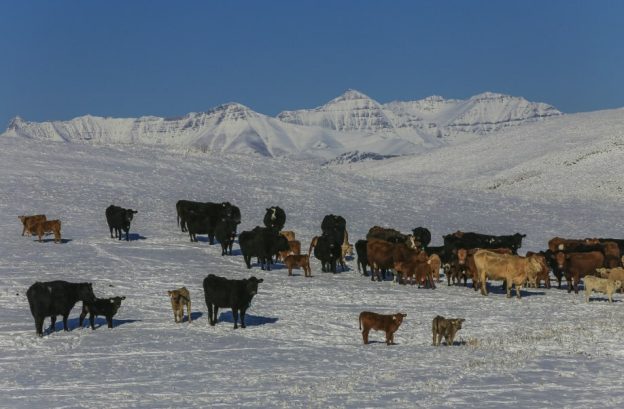There are many factors that contribute to animal health. One of them is ensuring your animals remain safe in extreme weather conditions. You need to look after your livestock’s welfare when it’s very hot or cold. The same goes for droughts and floods. Let’s have a closer look at what you can do to ensure their wellbeing.
The heat
In extreme hot weather, you have to take reasonable steps to prepare for your animals’ welfare. This needs to be part of your business planning when you expect, or know, livestock to be in danger. You must check on your animals frequently and take any necessary action. See to it that livestock are protected from the heat, and have food and water available.
Transporting animals in hot weather is another thing you need to be careful with. The welfare of any animals you transport is your responsibly. If you’re lacking in temperature controlled vehicles, you should invest in some. For those vehicles without temperature controls, you shouldn’t move animals in temperatures exceeding 30ºC. When humidity is high, look at the ‘feels like’ temperature for your route.
Before making the journey, make preparations to prevent transporting animals at the hotter parts of the day. When possible, travel overnight or early in the morning. All water and ventilation systems must be fully operational too because they are key for animal health.
During the journey, minimise handling during loading and unloading. Lower stocking density by 30% minimum as well. To maximise ventilation, increase headroom. During rest stops, park in the shade. Also, check on your animals more regularly for signs of heat stress.
Flooding
You need to plan for floods too. If you keep farm animals in an external area where there’s a flood risk, make a plan to protect them. This includes where you will bring them during flooding and how you will move them there.
During and following a flood, chemicals, manure, and sewage can pollute water. Any animals that drink this can become sick. So, ensure you take steps to minimise the risk. Plus, closely monitor your animals, particularly if they drink flood water. Contact a vet for advice if you have any concerns about animal health.
Cold weather
Finally, we’ll talk about extreme cold weather. Here, you have to supply feed and water frequently. Keep water drinking troughs free of ice for any animals outside. Regularly take water to animals if any pipes or other water supplies have blockages. If you’re a farmer that keeps ponies and horses, any you keep outside need access to shelter at all times. For anyone unable to do this, you have to move or permanently stable them.
To transport animals in extreme cold, you need to plan journeys to prevent disruptions because of snow and low temperatures. Have a contingency plan in place as well. Ensure that all ventilation and watering systems on vehicles are operational. Alter ventilation openings to reduce wind chill whilst preserving air flow. Consider adding more bedding if you feel it is necessary. Think about whether animals will need food too. Lastly, check the animals for indicators of cold stress.
You can rely on us to help with animal health
At JS Hubbuck Ltd, we have been helping farmers for several decades. In this time, we’ve aided them with everything from food products to animal housing. So, you can be confident that we can help with all important areas.
If you need us for anything, feel free to contact the team.

